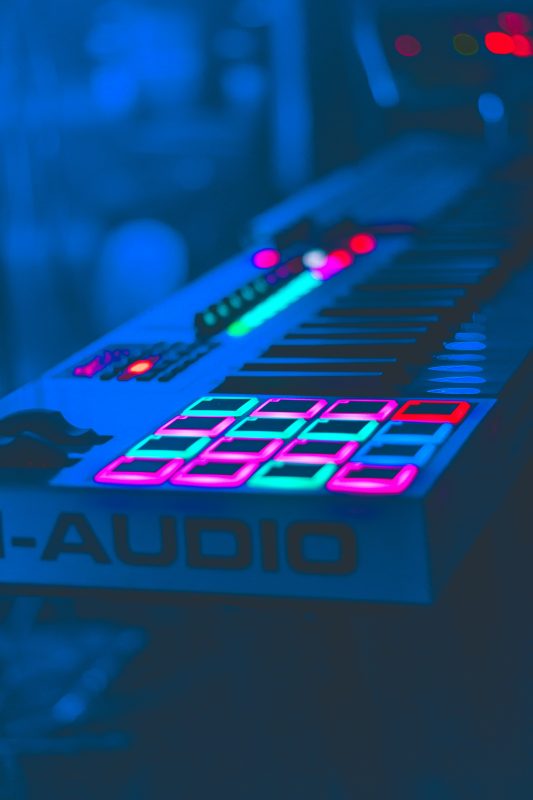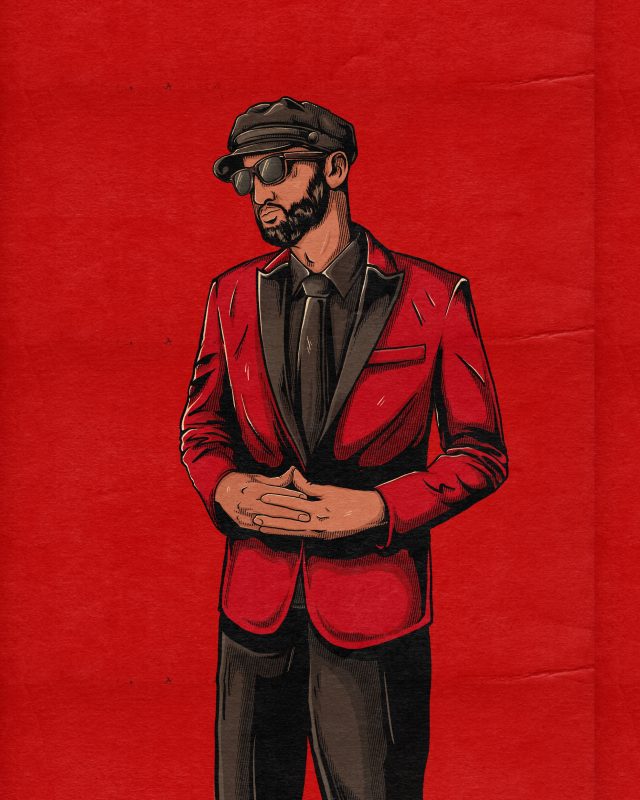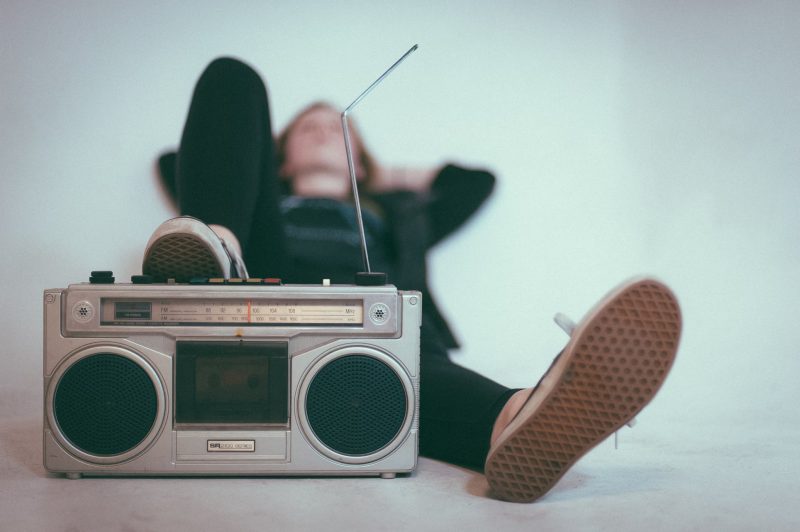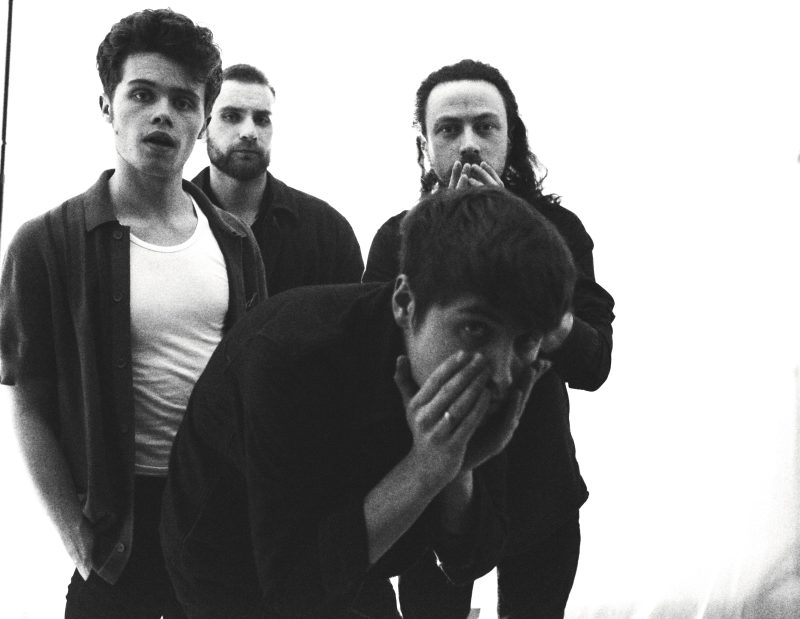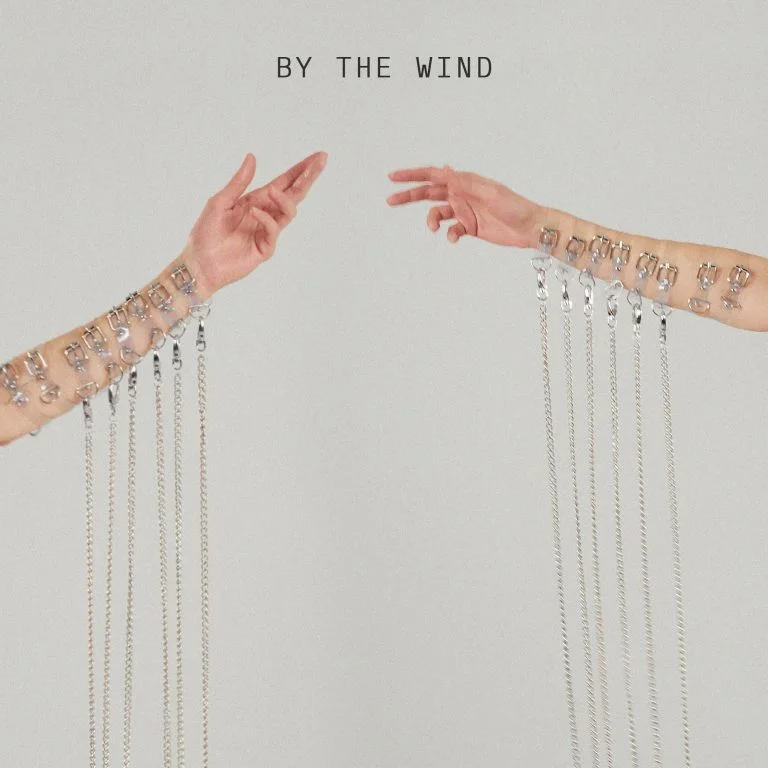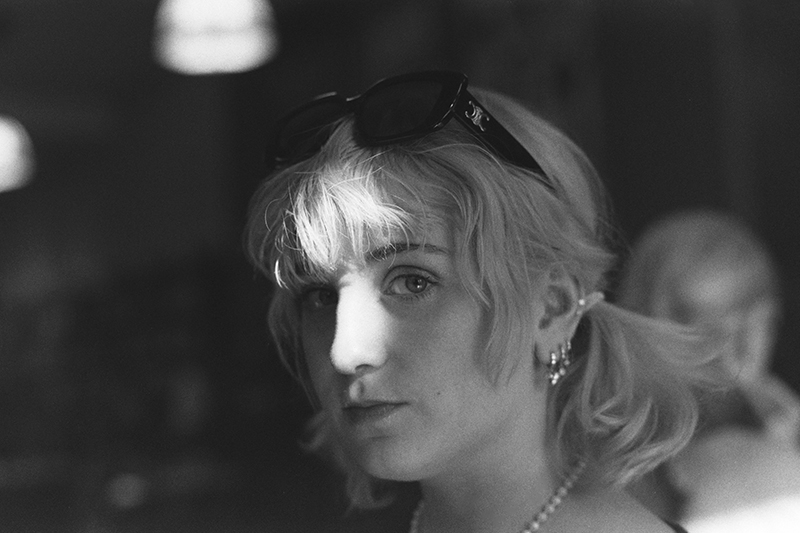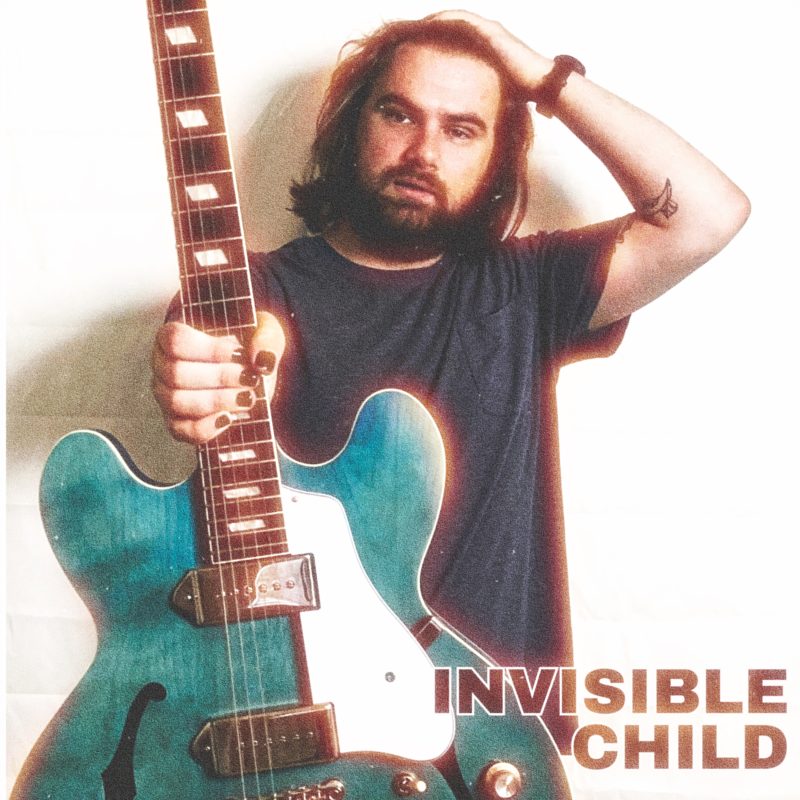Q: “Jupiter Coyote” is a unique band name. Where did this grounded, yet celestial name come from? How do you feel your group pays homage to your stage name?
JC: Our lead guitar player John Meyer came up with the name in 1990. It was actually a song he had written, and it was a crazy song. Sounded like Frank Zappa met Steve Via on an acid trip. I liked the name as it had an organic but cosmic feel, and it did not mean anything- so whatever the band evolved into musically, would define the name.
Q: Thirty-two years is a tremendous amount of time to be an accomplished group playing together. Are you guys able to anticipate when the other is about to breakdown and breakthrough musically? What are some examples?
JC: Absolutely. We are a band that is not afraid to jam in sections and see where the music goes. Sometimes the seques between songs are where we do it. Sometimes just break outs in the middle of songs. Some nights these improvisational sections are magic, and some are trainwrecks. You cannot be fearful and play music like that, and you have to listen to each other and feel where it’s going.
Q: When it comes to song writing, where do your free-spirited lyrics come from?
JC: I always write the music first. I will play and play it till somehow a lyrical idea will come, usually inspired by the mood and feel of the music. I have written over 300 songs, and I say I receive them, I don’t really write them. All I have to do is get myself still enough and in that space for the ideas and inspiration to come but it’s always music first, then the lyrics. I try to write close to the bone too, not much banal twaddle.
Q: You have shared the stage with artists like The Allman Brothers, Dave Matthews and The Radiators. Is there a group or performer you have been hoping to work with next?
JC: Not really, we do a lot of evenings with shows and play two long sets. Shows with Widespread Panic were always a blast.

Q: Emotions tend to run high at jam band festivals. What has been your most electrifying performance to date? And why?
JC: Last Saturday night in Atlanta. We played a private function for about 150 people in this old church. The second set was an hour and 45 minutes long. We had great dynamics and some of the improvisational jams were just right on time. We also played a bunch of new songs, and they just keep getting better live. It does not have to be some big show for the magic to happen. We have played in front of 20,000 people and I think it speaks that one in front of 150 folks can be just as powerful.
Q: After performing 5,000 shows and selling nearly a million records, can you say that producing independently has allowed you to navigate the music industry the way you intended to? How has your opinion on establishing music production changed over the course of time?
JC: Yes, being an independent band has enabled us to do whatever we want. And I mean Indie in the true sense. We own our record label and two publishing companies, and we are completely in house. Booking, Mgt, accounting, all of it. Yes, it has allowed us to play our music exactly how we feel it with a total disregard for the music industry, which we really, other than touring, operate completely outside of. I have been making records for 32 years and it has changed multiple times. I have seen three major paradigm shifts in my career, and on the production end of things. First it was two-inch tape, to D88, to Digital. We all have home studios now which is necessary because there is no money in making albums anymore and the streaming rate of .004 is a complete joke, criminal really. But we also don’t have record companies and radio programmers telling us what to do anymore and making us shorten songs to fit the format. Good riddance. As far as the changes in the production, I’m a huge fan of the digital format. It sounds good now and you can get old analog sounds if you want them. But it’s way quicker and easier to use and you can get some excellent software for $200 now. The best part, especially having home studios, is that when it’s not happening you can just take a break, walk away, put it down for a bit. Come back when you are in the right mindset. In the studio with the clock rolling and the $ rolling, it sucks when you hit a snag cause it’s costing you and that is no way to record.
Interviewed by Molly Byrne
FOLLOW JUPITER COYOTE
